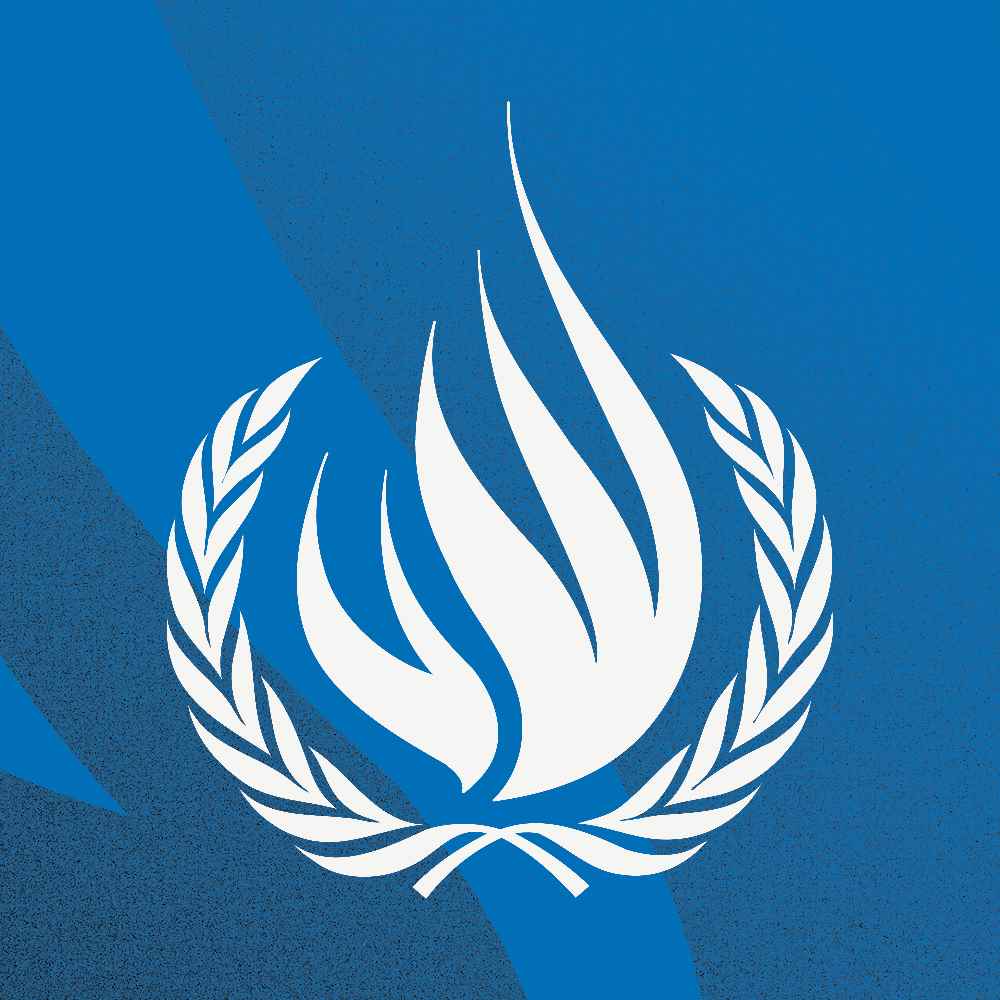
While England scramble around for cohesion, their next opponents have established a throbbing rhythm. Milan Skriniar prepared to offer his perspective on Sunday’s meeting but had to wait while the Slovakia kitman, Marek Kosan, took the floor. The camp had made a deal: if they progressed from the group stage he would have to publicly demonstrate his beatboxing skills. Kosan had no hiding place so played the captain in, accepting both enthusiastic applause and the unexpected consequences of success.
Slovakia hope a similarly pulsating display will break new ground on Sunday. They have never reached a quarter-final but feel rested and well prepared in historic Mainz, away from the crowds but only half an hour from the Frankfurt stadium where two of their previous games took place. The Gutenberg press and gegenpress were both born here: the latter comes to mind when Slovakia arrive to train at Bruchwegstadion, the atmospheric old ground where Jürgen Klopp made his name at Mainz.
A poster at the entrance displays a thirtysomething Klopp singing into a microphone. It tells of a legend and Slovakia are turning the venue into a laboratory for one of their own. They fell at the second hurdle to the Netherlands in the 2010 World Cup and to Germany at Euro 2016. Skriniar was asked whether this year offers their best chance of going further and could not play down the sense that opportunity knocks louder than ever. “I think so, yes,” he said. “We can write the history of Slovakian football if we pass against England.”
The notion is hardly far-fetched. Quiet confidence radiates from a squad that did not resemble impostors when beating Belgium 11 days ago, taking their chance when it came and weathering a subsequent storm. Tension reverberates from England’s every move and Slovakia know it. “There will be a lot of pressure on them,” Skriniar says. “That may be an advantage for us, because they really need to convince the world they came here to win.”
Warming to the theme, he made the obvious comparison between England’s gaggle of exalted names and a unit that Slovakia insiders believe is their closest-knit since the country’s international debut in 1994. “They have big, big stars,” Skriniar says. “But we saw some games in the group where, as a team, they are not at their best so far. So this can be our opportunity. If we play like a team, like one man, I hope and believe we can beat them.”
Slovakia are hardly without talismans: Skriniar, of Paris Saint-Germain, has been among Europe’s most admired defenders for more than half a decade and the Napoli midfielder Stanislav Lobotka is capable of making them purr. Nothing England offer can faze either of them. But the influence of a recently retired hero has proved fundamental to their development under Francesco Calzona, a 55-year-old Italian who had not managed a professional team until Slovakia called two years ago.
Or, more precisely, until Marek Hamsik picked up the phone. Calzona had worked successfully alongside Maurizio Sarri and Luciano Spalletti at Napoli; also with Hamsik, whose dozen years at the Serie A club brought semi-deific status. It was illuminating to hear the 36-year-old Hamsik, now a suitably mohawk-less member of the coaching staff and next up after Skriniar had taken his leave, explain his role in shaping Slovakia’s present-day image.
“It was somewhat of an input from me,” he says, thanking his bosses at the Slovak football association for hearing him out. “When I called Mr Calzona he was at the gas station and told me he needed to think it through. He wasn’t thinking for a long time though, and the staff he brought have an exceptional work ethic.”
Hamsik’s role is, in the words of the FA’s general secretary, Peter Palencik, to provide “a kind of bridge” between players and management. He is often lent on to translate Calzona’s ideas from Italian. “It was a good and wise decision to have him here,” Palencik says. “He’s a big icon, very well respected by the current players.”
Sitting in the airy lobby at Mainz’s Hyatt Regency hotel, which occupies a favoured position by the Rhine and has given two floors over to the Slovakia party, Palencik goes into detail about the changes Calzona has wrought. Taking Hamsik’s recommendation was a risk. Slovakia had never employed a manager from outside the former Czechoslovakia, but the time had arrived for a fresh set of eyes.
“The biggest difference he made was changing the mentality of our players,” he says. “It’s visible on the pitch today: we play as a team, and it happened in the past that we didn’t. It’s a combination of his communication skills, his personality and his nationality. My perception is that our players respect him more than a coach from Slovakia.”
While Skriniar and his teammates used their day off for a round of golf on Thursday, Hamsik and the rest of Calzona’s coaches bunkered in and plotted ways past England. “Football is like chess nowadays and we must do anything in our power to win,” Hamsik says. It was a stalemate eight years ago when Slovakia and Hamsik, pulling the on-pitch strings this time, held a drab England in Saint-Étienne. The point qualified them for the knockouts and beckoned future ignominy for Roy Hodgson. “A historic moment,” he says. “In football terms, we are better than in 2016. The way they take care of each other is something special.”
Skriniar suggested England have “difficulties in transition” that Slovakia feel are exploitable, also taking pains to emphasise the importance of winning second balls and aerial duels. A nation that contains only 100,000 registered footballers and sees the sport jostle for popularity with ice hockey feels confident it can match the favourites blow for blow, Hamsik confirming that the team will be prepared for any shootout.
Responding to one of the visiting English media, Hamsik signed off by joining Skriniar in turning up the heat. “You guys know you have a golden generation right now and there are going to be expectations to meet,” he says. “We are capable of shocking the world, though.” Slovakia believe England can dance to their beat.












